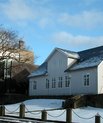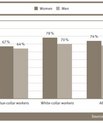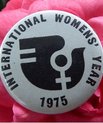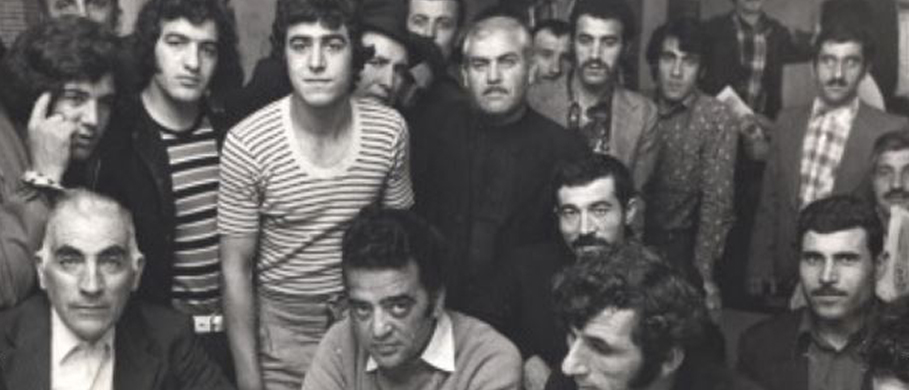Content on Sweden
Linguistic variety in the Nordics

Parliamentary culture in the Nordic countries

Civil society in the Nordics

Corporatism and the Nordic countries

Arctic Council
Labour movement in the Nordic countries

Andersson & Bratt

Political approaches to immigration in Scandinavia since 1995

Trade unions in the Nordic countries

1970s feminist culture in the Nordics


